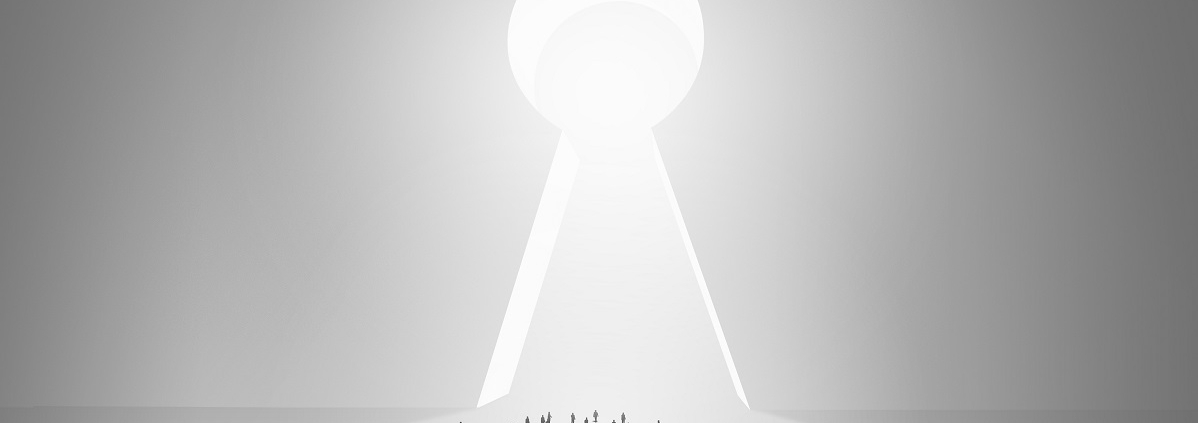It Matters How We Open Knowledge – ALLEA Statement on Equity in Open Access
Today, the European Federation of Academies of Sciences and Humanities (ALLEA) published the statement “Equity in Open Access” that addresses how “gold” open access publishing routes and large read-and-write deals contribute to establishing inequitable structures within academic research.
“If we make scholarship free to read, but very expensive to write, we end up reinforcing inequitable structures of privilege and power within the academic system; this is not a price we should be prepared to pay,” says Prof Luke Drury, Chair of the ALLEA Open Science Task Force.
The statement builds on this year’s theme of the International Open Access Week (25-30 October), ‘It matters how we open knowledge: building structural equity’, which was in turn inspired by one of the four core values of Open Science, as defined in the recently released UNESCO Recommendation on Open Science:
“Open Science should play a significant role in ensuring equity among researchers from developed and developing countries, enabling fair and reciprocal sharing of scientific inputs and outputs and equal access to scientific knowledge to both producers and consumers of knowledge regardless of location, nationality, race, age, gender, income, socio-economic circumstances, career stage, discipline, language, religion, disability, ethnicity or migratory status or any other grounds.” (UNESCO Recommendation on Open Science, Page 7)
It also reflects the first of the eight key principles for scientific publishing recently adopted by the General Assembly of the International Science Council:
“There should be universal open access to the record of science, both for authors and readers, with no barriers to participation, in particular those based on ability to pay, institutional privilege, language or geography.”
Plan S and “Gold” Open Access
In 2018, a consortium of major research funding and performing organisations started demanding long-due reforms in the academic publishing industry, an initiative widely known as Plan S (see also ALLEA’s previous Response to Plan S).
Widespread support for Plan S has triggered first steps in gradually disassembling the paywalls that continue to shield scientific literature from its readers. The so-called “gold” open access route (which makes articles freely available online for anyone to read) is considered an important tool towards Open Science but scientists that wish to publish via this route are often charged with substantial “article processing charges”.
“While for obvious reasons this route is promoted by commercial publishers, it effectively replaces a barrier to access with a barrier to participation.”, the authors state. As part of these reforms, large “read and write deals” are being negotiated between library consortia and commercial publishers, a notable example of this being the German “Projekt DEAL”.
Reinforcement of Inequitable Structures
Although collective deals can be beneficial to individual researchers that are affiliated with organisations covered by such agreements, ALLEA highlights several important inequities resulting from these developments:
- “[These deals] effectively incentivise such researchers to publish in the journals covered by the deal, which are often expensive journals that trade on their high ‘impact factor’ – a metric noted as problematic by Open Science initiatives.”
- “This tacit incentivisation risks further increasing the market dominance of the big commercial publishers and clearly disadvantages smaller specialist and learned society publishers.”
- “It takes no account of the fact that, at least in the humanities, there are still a significant number of researchers not affiliated with institutions covered by the deals, nor in some cases with any institution.”
- “It privileges established over early career researchers. It ignores the needs of researchers based in the Global South, in smaller institutions, or in industry. It favours well-funded areas of research over equally important, but less well-resourced areas.”
The authors argue that “It is a false framing of the discourse to say that either the reader or the writer has to pay; in most cases it is actually a third party (the library consortia in the case of the big deals) and ultimately it is the taxpayer for most publicly funded research.”
The statement describes several alternative open access publishing models, but the authors emphasize that a global solution to open access across all disciplines will only be available once adequate resources and infrastructure are made available.
About the statement
The statement was prepared by ALLEA’s Open Science Task Force, which aims to contribute to the development, coordination and implementation of Open Science policies and initiatives with a particular emphasis on issues relevant to the greater European area. The task force draws on the expertise of ALLEA’s academy members in promoting science across all disciplines as a global public good that is as open as possible and as closed as necessary.



